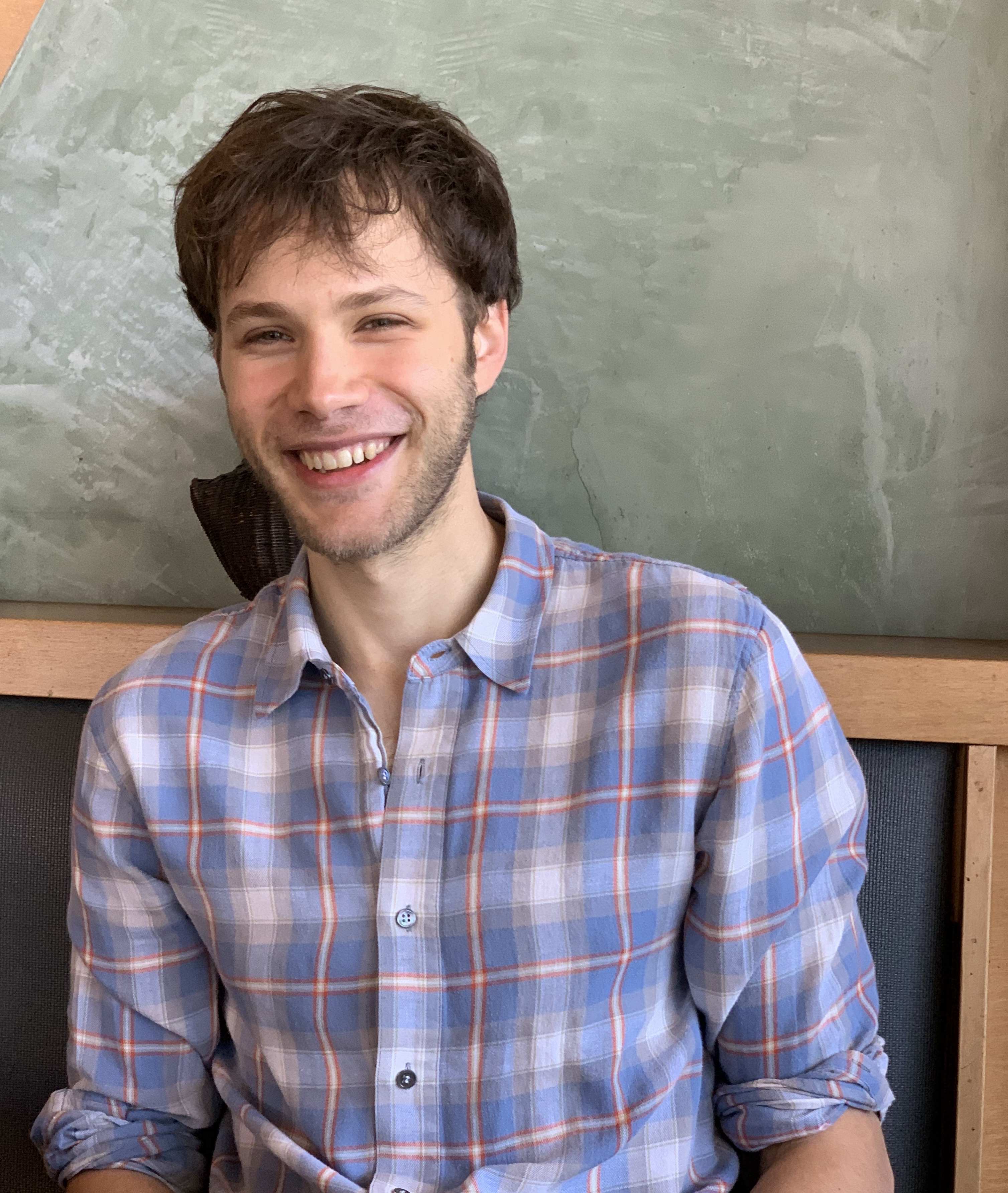Welcome!
Research Interests
Human beings possess a remarkable ability to learn quickly, consistently, resourcefully and in an manner that generalizes to novel or unseen scenarios. My lab is interested in how to make AI do the same. By carefully understanding intersecting principles from control theory, reinforcement learning, deep learning, generative modeling and optimization, we are answering such questions as: (1) Why do today’s robotic policies work so well, and how can we make them better? (2) How can robots learn efficiently, without the pain of task-specific, engineering-intensive hyperparameter tuning? and (3) How can we design new optimization algorithms targeted for AI systems that interact with — and can be led astray by — their environment? A lot on these latter two directions coming soon.
I am currently most excited about developing new methods and overturning conventional wisdom through meticulous scientific experimentation (which then inspires new methods, etc…). My research is informed by years thinking like a theorist; this research ranged broadly across topics in adaptive sampling, multi-arm bandits, complexity of convex and non-convex optimization, reinforcement learning, learning in linear and nonlinear dynamical systems, and fairness in machine learning. I also have the good fortune to collaborate closely with Maven Robotics, Mimic Robotics, and the robotics team at Toyota Research Institute.
Student Recruiting
The best way to work with me is to apply to a Master’s or PhD program in the School of Computer Science at Carnegie Mellon; I will recruit mostly from the Machine Learning Department and Robotics Institute PhD applications. I’m particularly excited about students who love to think deeply and hatch truly new (sometimes crazy) ideas, and am looking for candidates across the theory-to-practice spectrum. An ideal applicant should come in with at least one core strength (e.g. mathematical problem solving, software engineering, deep learning research), and be eager to develop other abilities as the PhD continues. I strongly encourage students who come from a diverse set of backgrounds to apply, including racial, gender, sexual and religious identities, political beliefs, socioeconomic and disability statuses, and non-traditional educational/professional paths.
In exceptional circumstances, I am also happy advise visiting student researchers. However, my strong preference is to work with students who are are undergraduates/Master’s students at CMU, at this time, or who are PhD students either at CMU or at other institutions.
Important: If you are interested in a research opportunity with me, and I do not respond, you may send a follow up email after waiting at least two weeks after the first email was sent. Do not send a third follow up email, or else I may block your email address. This policy is necessary to manage the sheer volume of requests that I receive.
Selected Publications
Thomas T. Zhang, Daniel Pfrommer, Chaoyi Pan, Nikolai Matni, Max Simchowitz. arXiv, 2025.
Chaoyi Pan, Giri Anantharaman, Nai-Chieh Huang, Claire Jin, Daniel Pfrommer, Chenyang Yuan, Frank Permenter, Guannan Qu, Nicholas Boffi, Guanya Shi, Max Simchowitz. arXiv, 2025.
Max Simchowitz, Daniel Pfrommer, Ali Jadbabaie. COLT, 2025.
Allen Z. Ren, Justin Lidard, Lars L. Ankile, Anthony Simeonov, Pulkit Agrawal, Anirudha Majumdar, Benjamin Burchfiel, Hongkai Dai, Max Simchowitz. ICLR, 2025.
Boyuan Chen, Diego Marti Monso, Yilun Du, Max Simchowitz, Russ Tedrake, Vincent Sitzmann. Neurips, 2024.
H.J. Terry Suh, Max Simchowitz, Kaiqing Zhang, Russ Tedrake. ICML, Outstanding Paper Award 2022.
Max Simchowitz, Dylan Foster. ICML, 2020.
Max Simchowitz, Horia Mania, Stephen Tu, Benjamin Recht, Michael I. Jordan. COLT, 2018.
Selected Awards
Best Paper Finalist. Constrained Bimanual Planning with Analytic Inverse Kinematics Robotics Science and Systems (RSS), 2023.
Outstanding Paper Award. Do Differentiable Simulators Give Better Policy Gradients? International Conference on Machine Learning (ICML), 2022.
Best Paper Award. Delayed Impact of Fair Machine Learning International Conference on Machine Learning (ICML), 2018.
Tong Leong Lim Pre-Doctoral Prize. University of California, Berkeley, 2018.
George B. Covington Prize for Excellence in Mathematics. Princeton University, 2015.
Bio
Hi, I’m Max. I started my academic journey as a math major at Princeton University, where I was fortunate enough to do research with Sanjeev Arora and David Blei (who taught at Princeton at the time). I went on to do a PhD focusing on theoretical questions in Machine Learning in the EECS department at UC Berkeley, co-advised by Ben Recht and Michael Jordan. I also worked with, and was closely mentored by, Elad Hazan at Princeton and Kevin Jamieson, now at University of Washington.
I spent a good chunk of my PhD thinking about mathematical questions governing how and under what conditions one can learn to predict and control dynamical systems. But as the PhD progressed, I wanted to understand what the relevant challenges in pratical applications, especially as many larger AI models were starting to overcome hurdles once thought insurmountable. I was lucky to be able to postdoc in Russ Tedrake’s Robot Locomotion Group in the EECS Department at MIT, and this is what opened me up to my ongoing curiosity about robot learning (both practical and mathematical).
A lot of folks in this field like spending time outdoors, and I respect that. But I’m more of an inside person - I like reading, listening to music, I play saxophone and (pretend to) play jazz piano, and love a good dinner party. Over the pandemic I got addicted to car YouTube; not sure if I have recovered (?).
